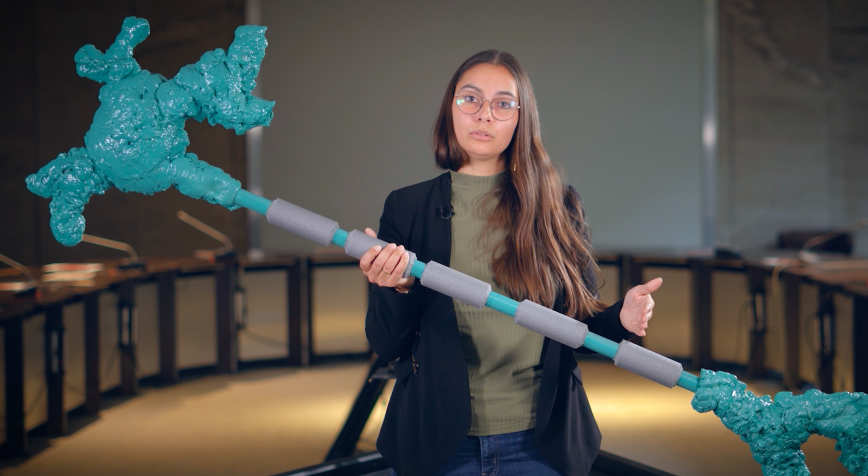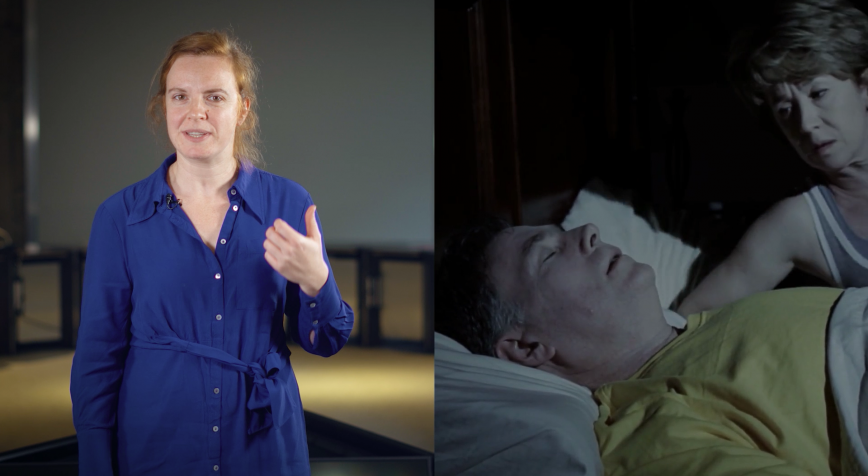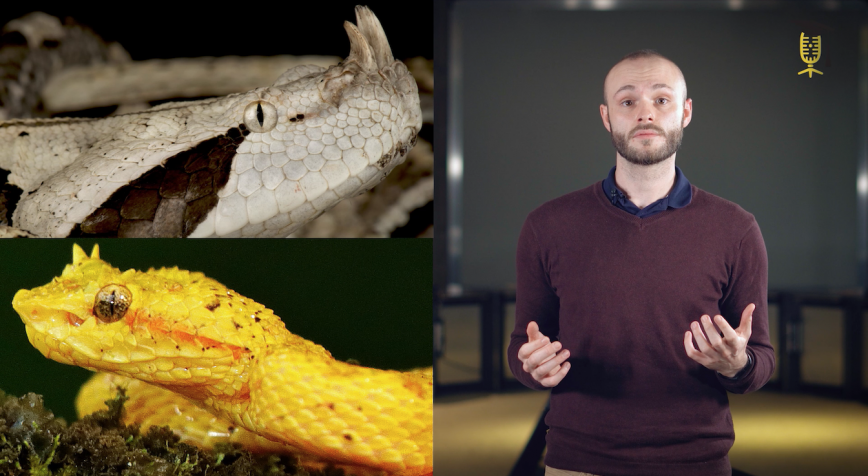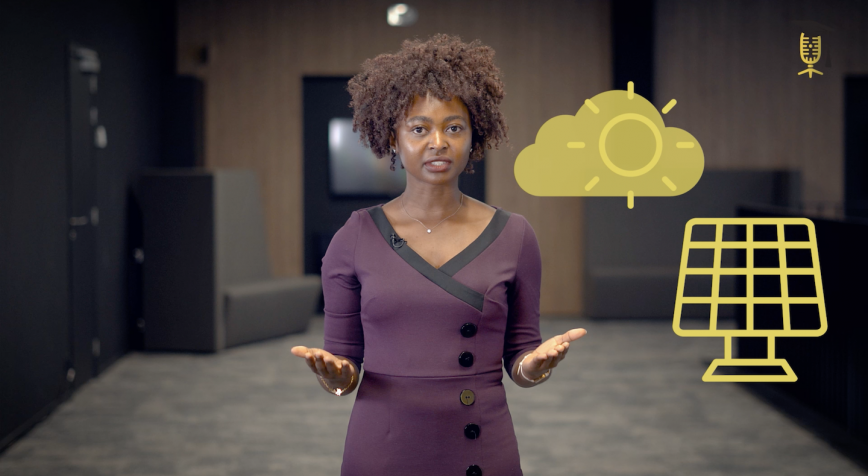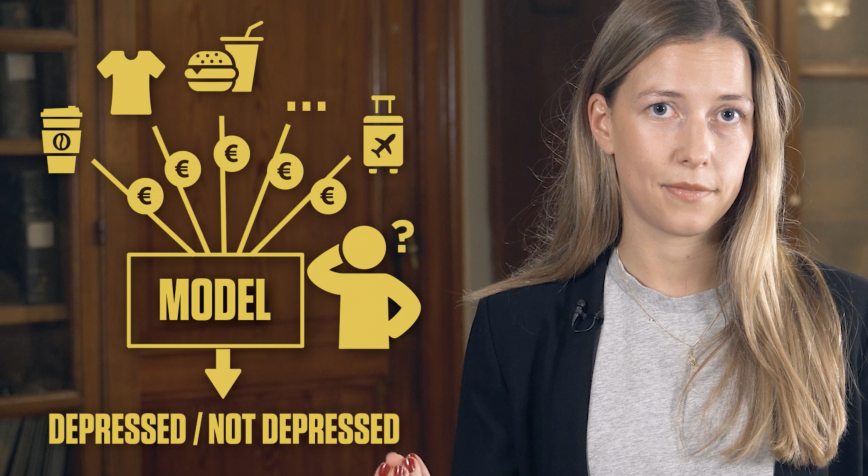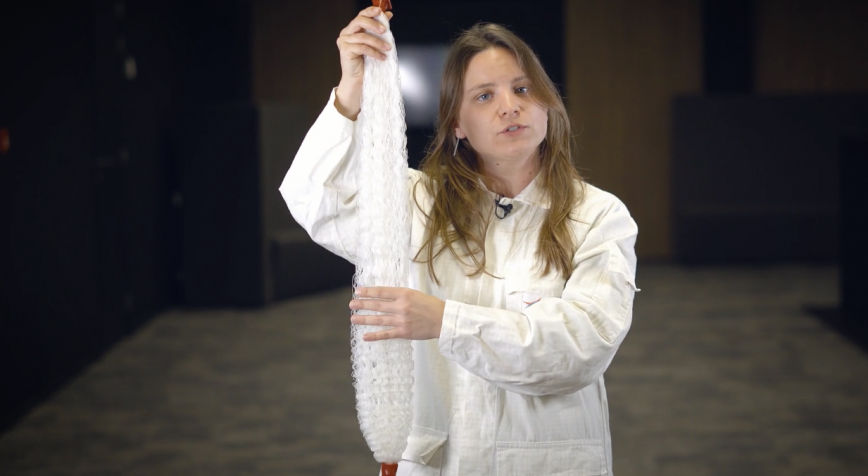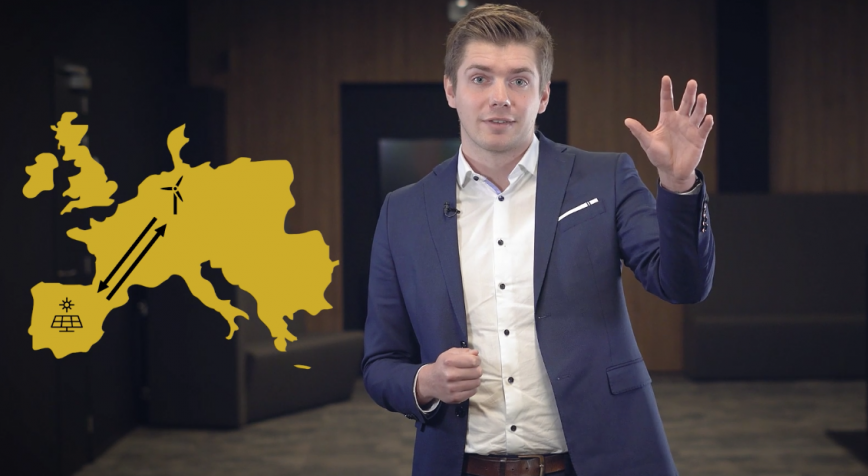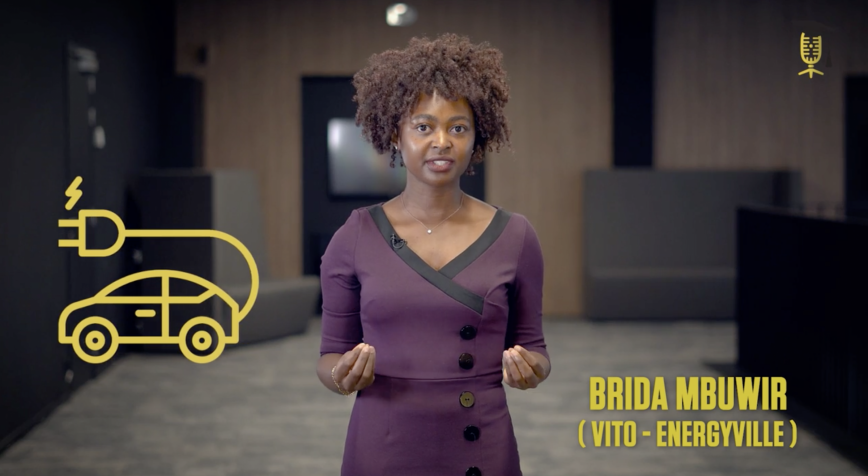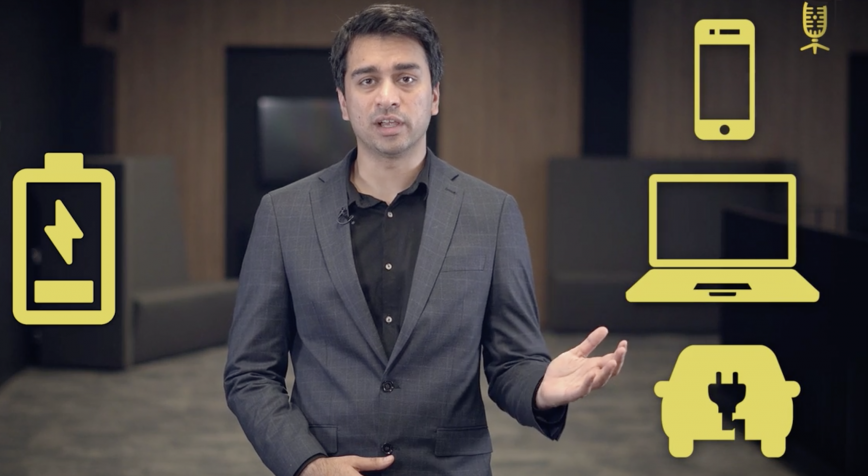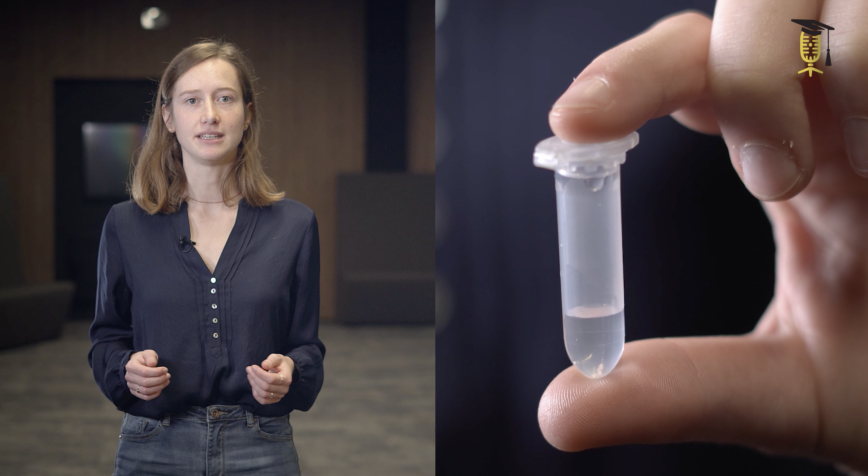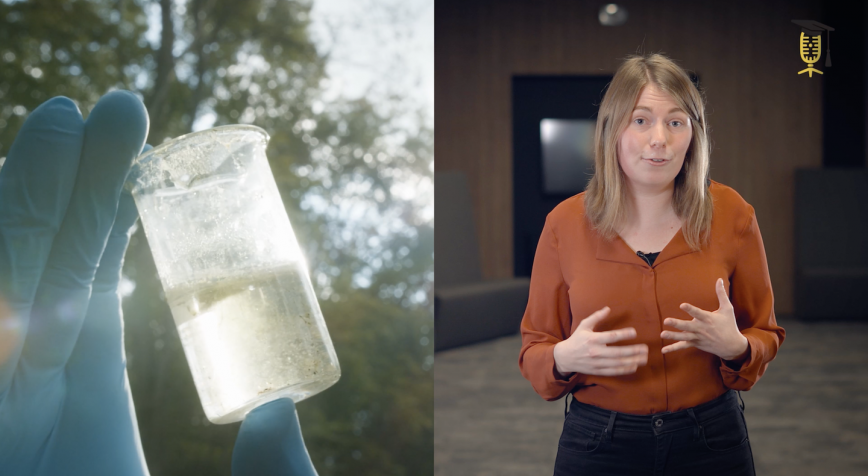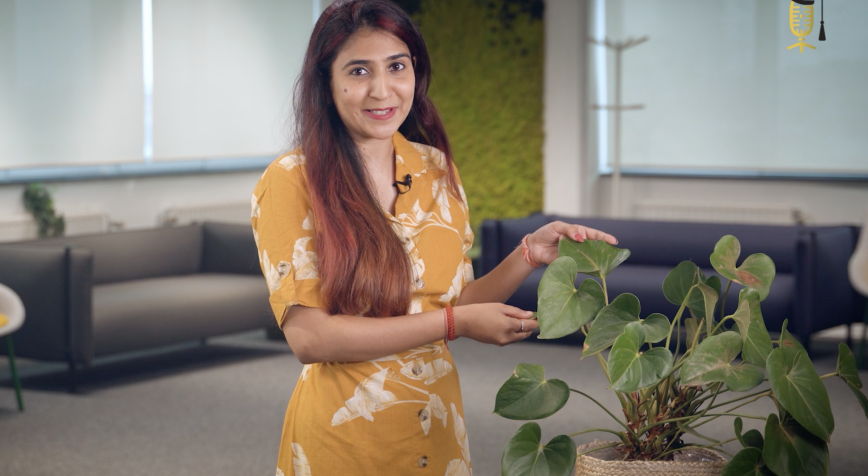
imec
UAntwerpen
A story of our global garden: plants storing excess CO2
Plants capture CO2 and, through photosynthesis, convert it into green leaves. Over the past 30 years, the increase in CO2 in the atmosphere has thus led to a widespread increase in the number of green leaves around the world. But recently, there has been a shift: the increase in the number of green leaves is slowing down even though CO2 levels are still rising. Vaidehi Narsingh (Imec - UAntwerp) explains why she is determined to find out what is happening.
